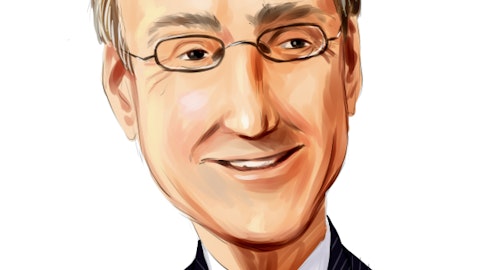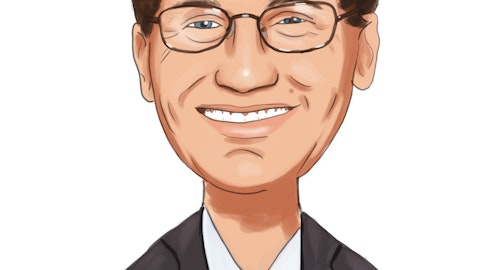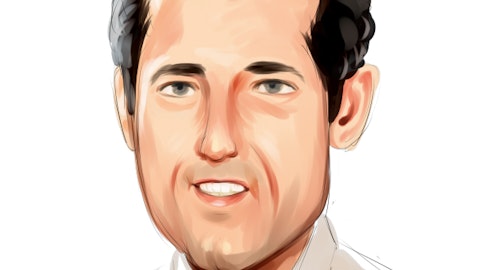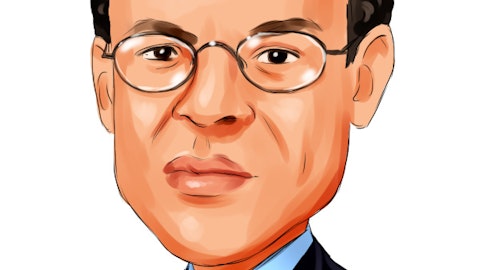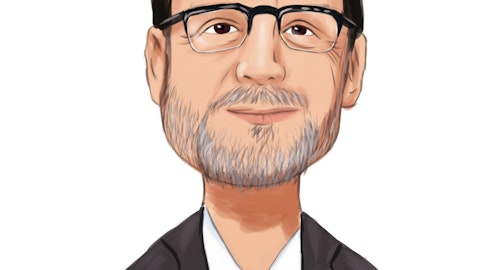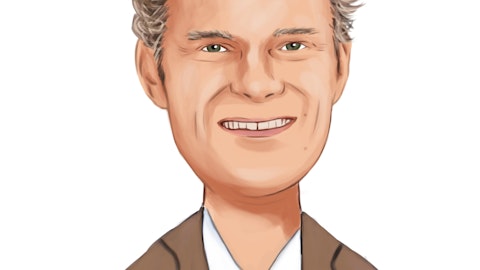Since its introduction, blockchain technology set out to transform the world by becoming the beacon for decentralization and democratization. From building a more inviting development environment to leveling the playing field for all manner of participants, blockchain has delivered spectacular progress across disciplines.
One of the critical areas where blockchain technology is transforming the traditional landscape is finance. The emergence of decentralized finance (DeFi) and its rapid pace of ascent have delivered widespread disruption and opportunity. Yet, instead of looking at total value locked as its only sign of success, one of its most significant and most understated achievements is women’s growing involvement in some of DeFi’s most exciting projects.
Macroeconomics expert Luis Aureliano, who commands more than 15 years of analyst experience in the financial services industry, underscores the gravity of this point:
“At the heart of blockchain’s promise is greater inclusivity, and nothing reflects this reality better than the projects in DeFi being advanced by the industry’s leading female entrepreneurs, executives, and experts. Besides their roles behind some of DeFi’s most exciting new projects, the leadership of these initiatives is busily encouraging a new generation of women to join the revolution.”
He goes on to recognize blockchain’s vast potential in terms of championing greater female participation:
“Although women’s participation in the fields of finance and STEM has been historically obscured, blockchain is showing once again that the antiquated hierarchies inhibiting greater female engagement can be demolished. There is no better blank canvas than DeFi for democratizing DLT participation.”

Image: Sergey Shenderovsky / 123RF.com
Keep reading for a closer look at the seven trailblazing DeFi projects Luis touts for their embodiment of strong female leadership.
1. Anna Stone – Strategy and Go-to-Market Lead at GoodDollar
Anna Stone entered the blockchain space in 2018 as a deliberate move from enterprise software because she believes that the macro potential of blockchain technologies could address issues that are close to her heart. She landed at one of DeFi’s OG projects, Bancor, where she became Vice President of Marketing, alongside a freelance job as a Strategy and Go-to-Market Consultant.
Since February of 2020, she’s been Strategy and Go-to-Market Lead at GoodDollar, a social impact initiative launched by eToro. GoodDollar aims to promote financial inclusion and prevent inequality gaps by paying real people a daily digital basic income. It achieves this by creating sustainable investments in DeFi projects.
Stone’s commitment to using technology for the greater good came about as a result of her studies in global economics, during which she performed a field study evaluating investment opportunities in sub-Saharan Africa and Latin America.
2. Bette Chen – Co-founder of Acala
Bette Chen is a true digital native, having a background in software engineering and working in the digital space since 2014. She became drawn to the blockchain and crypto space in 2018 and got into product management, where she met her Acala co-founders Ruitao and Bryan at the first Substrate Hackathon in China.
At the time, Chen was dedicated to her previous project, synthetic asset and margin trading platform Laminar. After meeting the other Acala co-founders, the team decided to develop Acala as a DeFi hub and stablecoin platform running on Polkadot.
If co-founding two DeFi platforms wasn’t enough, Chen also ran several charitable initiatives on a voluntary basis. In 2017, she founded Project EBC, which organized a trek to Everest Base Camp with the goal of raising funds to help a Nepalese family rebuild their home after an earthquake.
3. Kristen Stone – Chief Operating Officer at Balancer
Kristen Stone joined Balancer as COO in November 2020, but she’s a veteran of the cryptocurrency space, having spent five years with Coinbase in their Business Development and Product Management units since 2014. While there, she led the development of Coinbase’s backend product connecting seven of the company’s applications to multiple blockchains.
After Coinbase, she worked with other projects, including DFinity and BlockDaemon before joining Balancer last year. Upon her appointment, she wrote a blog post that expressed her desire to “plan to discover, design, and open-source common practices to bring a new paradigm of organizational processes to crypto protocols.”
Stone is clearly making her mark – in February, Balance successfully completed a $5 million raise, which brought its funding total to $12 million. A few weeks later, the project confirmed a partnership with Aave to build the first decentralized asset manager on Balancer’s version two, which allows idle assets on Balancer to earn yield on Aave.
4. Maggie Love – Founder of SheFi
As the founder of an initiative geared towards providing DeFi education to women, Maggie Stone has undoubtedly earned the first spot on this list. Love launched SheFi in the spring of 2020 after realizing that there was a distinct absence of women dipping a toe into DeFi’s waters.
She carried out an initial pilot, and based on the success, SheFi now accepts female (and those who identify as female) applicants in cohorts for its educational program. While participants learn about DeFi, they pool funds that are donated to a nonprofit dedicated to educating women in STEM programs at the end of the course. So far, SheFi has helped to onboard around 60 alumni to DeFi, but Love plans to scale up to accept more participants.
As for Love herself, she runs SheFi alongside her day job at W3BCLOUD, a joint venture between Advanced Micro Devices (AMD) and ConsenSys, which Love co-founded.
5. Rebecca Rettig – General Counsel at Aave
Aave is perhaps one of the biggest stars of the meteoric year in crypto that was 2020, currently sitting at #3 in the DeFi Pulse rankings. And Rebecca Rettig is one of Aave’s newest star hires, having joined as General Counsel in March 2021.
Prior to her most recent appointment, Rettig brings several years of experience in the niche field of fintech and blockchain litigation. In 2019, she was recognized as one of the top 100 women lawyers in New York City by Crain’s New York Business. She has experience in litigation cases covering securities, shareholder derivatives, contract disputes, copyright and trade disputes, and auditor and accountant liability.
Given that Aave was among the first blockchain firms to achieve regulatory recognition with an Electronic Money Institution License from the UK Financial Conduct Authority, it seems that Rettig will have plenty of opportunities to flex her regulatory expertise in her latest role at Aave.
6. Galia Benartzi – Co-founder and Head of Business Development at Bancor
Speaking of Bancor, we finish the list with a woman who began her journey in DeFi before DeFi was even DeFi. Galia Benartzi was one of the co-founders of Bancor, which started in 2017 by raising a then-record-breaking $153 million at ICO. Unlike many projects that launched around the same time, Bancor is still thriving, sitting in the top ten DeFi applications at the time of writing. The platform offers comparable functionality to Uniswap, except with its own native market-making token, BNT.
As for Benartzi, she has a long history in tech startups that has no doubt served her well in making Bancor a success. In 2005, she worked on Mytopia, a social and mobile games studio that went on to be acquired by gaming company 888. She also co-founded Particle Code Inc, a cross-platform development environment, which was also acquired in 2011.
7. Jill Carlson – Investor and Co-founder of Open Money Initiative
Jill Carlson is an investor and advisor on cryptocurrency and blockchain-based initiatives, including DeFi project UMA and development platform Algorand. She’s also the co-founder of Open Money Initiative, a nonprofit helping to facilitate access to free and open financial systems, predominantly in developing economies suffering from hyperinflation and other economic issues. It’s supported by projects including the Zcash Foundation, the Stellar Foundation, and the Tezos Foundation.
The Open Money Initiative started its endeavors in Venezuela, sending representatives out to capture the kind of human experiences that often get lost in economic reportage and macro data.
Alongside her advisory and work with the Open Money Initiative, Carlson is a Council Member at the World Economic Forum’s Global Future Council on Cryptocurrencies and a Principal at Slow Ventures, an investment fund.
